Contents
Page List
Guide
Habits of Highly Effective
MARITIME STRATEGISTS
Habits of Highly Effective
MARITIME STRATEGISTS
JAMES R. HOLMES
Naval Institute Press
Annapolis, Maryland
Naval Institute Press
291 Wood Road
Annapolis, MD 21402
2021 by James R. Holmes
All rights reserved. No part of this book may be reproduced or utilized in any form or by any means, electronic or mechanical, including photocopying and recording, or by any information storage and retrieval system, without permission in writing from the publisher.
Library of Congress Cataloging-in-Publication Data
Names: Holmes, James R., 1965 author.
Title: Habits of highly effective maritime strategists / James
R. Holmes.
Description: Annapolis, Maryland : Naval Institute Press, [2021] | Includes bibliographical references and index.
Identifiers: LCCN 2021027757 (print) | LCCN 2021027758 (ebook) | ISBN 9781682477052 (paperback) | ISBN 9781682477106 (ebook) | ISBN 9781682477106 (pdf)
Subjects: LCSH: Naval strategy.
Classification: LCC V163 .H654 2021 (print) | LCC V163 (ebook) | DDC 359.4dc23
LC record available at https://lccn.loc.gov/2021027757
LC ebook record available at https://lccn.loc.gov/2021027758
 Print editions meet the requirements of ANSI/NISO
Print editions meet the requirements of ANSI/NISO
z39.48-1992 (Permanence of Paper).
Printed in the United States of America.
29 28 27 26 25 24 23 22 219 8 7 6 5 4 3 2 1
First printing
CONTENTS
PREFACE
AN UNDISCIPLINED STUDY
A merican physicist Richard P. Feynman once counseled an Australian youngster to study hard what interests you the most in the most undisciplined, irreverent, and original manner possible.
Feynman wryly complimented his correspondent, J. M. Szabados, on never having studied physics in any regimented way, wisecracking that because of her indiscipline there was some chance that you may be successful. Feynmans varied and often madcap careerwhich careened from working on the Manhattan Project that built the atomic bomb to winning the Nobel Prize in physics (for fundamental research on quantum electrodynamics) to translating Mayan hieroglyphicstestifies to the worth of a freeform approach to intellectual life and practical exploits.
Feynmans outlook on life worked well for him. He was a physicist with range. This book represents a deliberately short, Feynmanesque foray into a topic of grave importance: strategic leadership. The emphasis falls more heavily on leadership in the maritime realm, but it also should be of value to practitioners of ground and air combat. It is aimed at American readers, but those outside the United States should be able to adapt it for their purposes as well. In brief, the volume postulates that while sheer brilliance primes a fortunate few to excel at strategy, most aspirants do so not through inborn gifts but through conscious effort. Those who are set on becoming proficient at devising and executing strategy usually learn habits of mind, heart, and deed that enable them to put resources to work attaining larger ends that are entrusted to them by senior military or political leaders. Even the gifted can put a finer edge on their skills by making excellence their workaday routine. Eventually the skill becomes second nature.
Why is this book Feynmanesque? Because it is undisciplined. This is a personal document, and these are my views. They derive from my favorite sources of enlightenment. Others may draw insight from elsewhere; that is fitting and even desirable. Heterodoxy is good. Productive discord fosters fruitful debate and makes any team or alliance smarter. For instance, Indians might plumb Brahmin minister Kautilyas Arthashastra, the classic manual of statecraft from the ancient subcontinent, while also consulting the biographies of great figures from Indian history for both positive and negative lessons. Japanese leaders could comb swordsman-philosopher Miyamoto Musashis Book of Five Rings, a treatise that is ostensibly about tactics for swordplay but covers far, far more; Japan has its own pantheon of biographies for students of strategy to review. And so forth. Sources of insight and inspiration are virtually inexhaustible.
This book, then, makes no pretense to have canvassed all the worlds traditions. Nor do I pretend to have scoured the literature on leadership, as scholars say, reviewing current debates among specialists on this issue or that, looking for ways to improve the state of the scholarly consensus, or ranking all strategic leaders throughout history. I plunder philosophy, history, biography, and strategic theory for wisdom that is relevant for practitioners. Even pop culture puts in an appearance or two. Readers will look in vain for encyclopedic treatment of any of these disciplines.
My central goal is to apply a catalyst that helps strategic leaders think about the profession of arms without imparting predigested wisdom to them. Practitioners should ponder the ideas and examples put forward here, decide which selections speak to them most and least forcefully in light of their own experience, and then reach their own judgments.
In other words, this book is intended to be a starting point for the readers journey, not the destination. The strategic canonfrom classical Greek and Roman history and philosophy to tomes about strategic theory and beyondfurnishes a platform from which to begin investigating the habits that make strategic leaders great. The canon itself furnishes no set answers. Some insights from the sages prove perishable when put to the test of experience across decades and centuries. Writers had different agendas. They took different perspectives on their chosen subject, stressing everything from battlefield operations orchestrated by field commanders to grand strategy practiced by political grandees, diplomats, and supreme commanders. None of the masters was omniscient.
Accordingly, I take a synthetic approach, mixing and matching concepts from great books that have stood the test of time and can be put to work despite their occasional flaws. The result, I hope, is an original work of which Richard Feynman would approve and from which practitioners will profit.
WHAT IS STRATEGY?
Even freewheeling study of the kind that Feynman prescribes demands some modicum of structure. It was orthodoxy that Feynman disdained, not the laws of physics or the common vocabulary that is necessary for scientific discovery. Similarly, a shared definition of strategy is pivotal for those who practice it. Many thinkers and practitioners have put forward definitions of the term. To Prussian soldier and philosopher Carl von Clausewitz, a veteran of the French Revolutionary and Napoleonic Wars, strategy chiefly meant a framework for orchestrating battlefield operations such as that used by Frederick the Great or Napoleon Bonapartethe martial icons who constitute his main points of referenceon European battlegrounds of old. In this understanding strategy equates to using tactical engagements to advance the larger purposes of the war.

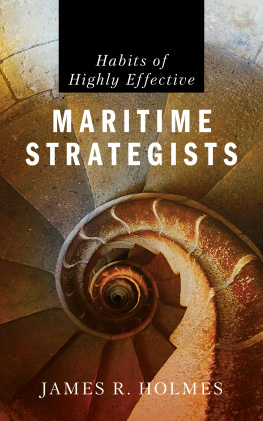

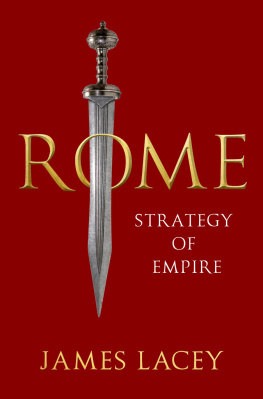
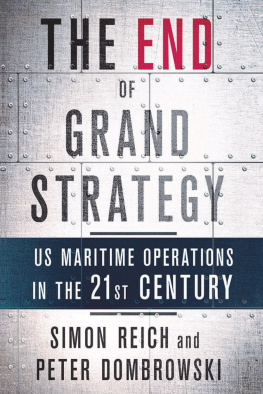
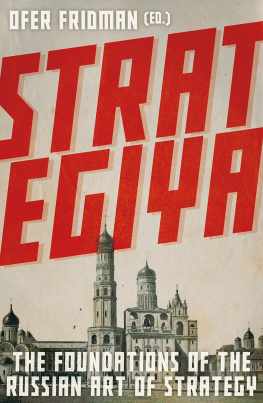
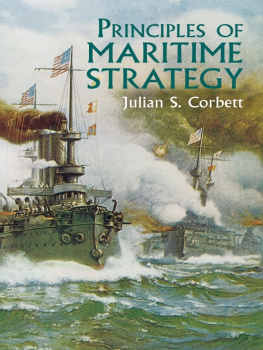
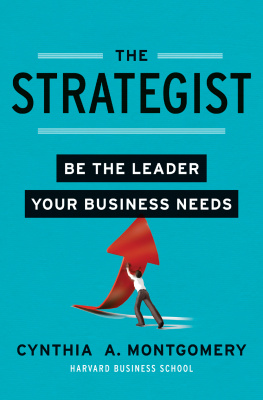


 Print editions meet the requirements of ANSI/NISO
Print editions meet the requirements of ANSI/NISO